
What Could Have Been: Shopworn
It’s usually hard to bet against Barbara Stanwyck. Starting her career in the late 1920s, within a few years she was already churning out star making roles as plucky working class girls who could rise to the top: think Ten Cents a Dance (1931) and Baby Face (1933) – both reviewed here on Filmizon, only to further elevate herself during the film noir era with starring roles like Double Indemnity (1944) and The Strange Love of Martha Ivers (1946) – also both on Filmizon, she even conquered television later in her career as matriarch Victoria Barkley in 112 episodes of Big Valley from the mid to late 1960s. In other words, it’s rather unusual to see her in a clunker... though with the film looked at here today, Shopworn (1932), directed by Nick Grinde, Stanwyck herself described it as, “one of those terrible pictures they sandwiched in when you started”.
-
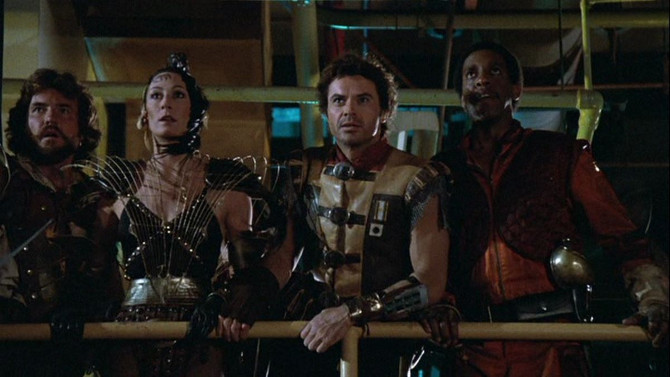
What Could Have Been: The Ice Pirates
February 19, 2020The year is 1977. . . and several movies are being hyped – none of which is Star Wars. Smokey and the Bandit, Close Encounters of the Third Kind, The Spy Who Loved Me. . . the list goes on and on, yet the George Lucas feature was not expected to go anywhere. Lucas had shown it to many of his friends (before it was even close to finished), Brian De Palma bluntly saying, “I don’t mean to sound harsh, but …what is this shit?". As the rest of his buddies concurred, the lone voice of support came from the one and only Steven Spielberg – seeing the potential and future for his friend’s creative vision. With a studio equally as unenthused – they released it on Wednesday, May 25th, in just over thirty theatres. . . Lucas decided to lick his wounds on the beaches in Hawaii. Yet, as you know, the unexpected occurred, and a little film called Star Wars became a worldwide juggernaut.
-
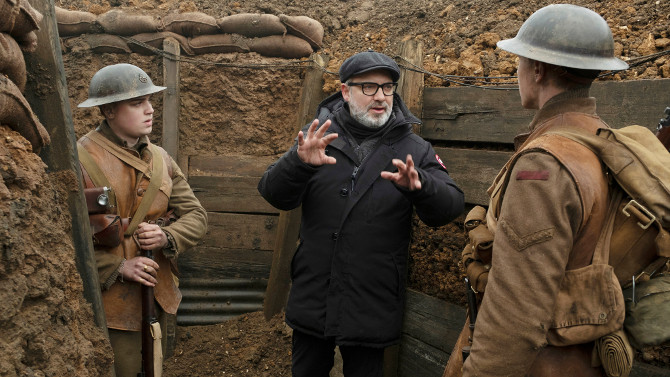
Oscar Predictions 2020
February 6, 2020Predicted winners, who should win, and my favourites from this year's Oscars (the 92nd Academy Awards). Catch up on all the buzz before the big event.
-
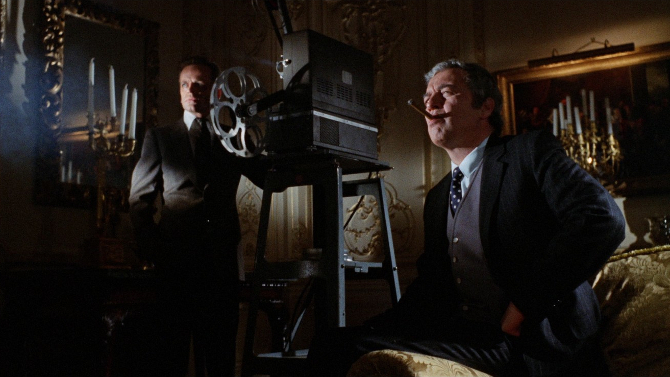
What Could Have Been: Double Face
January 3, 2020The Swinging Sixties were a most unique time, especially in London. Often seen as a more traditional, conservative city, the growth of this young, wild child generation clashed with their aging parents and grandparents, a kaleidoscopic counter culture seeping into the stiff upper lip backbone of the nation’s capital. Capturing 1969 London in all of its variations, Double Face, co-written and directed by Riccardo Freda, follows one man’s unlikely journey through this often unnerving world. Klaus Kinski plays John Alexander (in a surprisingly reserved way), a wealthy, middle aged businessman with a much more traditional outlook. Quickly wedding extremely cash-happy Helen (Margaret Lee), it is a marriage that soon wallows into a depressing wake of clashes and affairs. Helen soon finds a lover, Liz (Annabella Incontrera), leading to questions of whether their union will last.
-
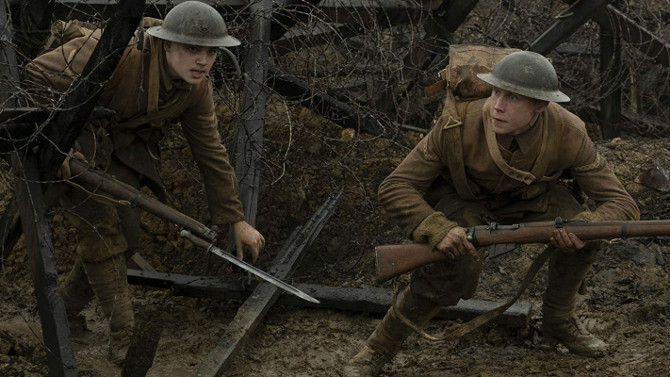
Fake News Film Facts. . . Vol. 2
December 30, 2019With this year quickly wrapping up, I thought that it would be fun to comedically reflect back on some of the films from the past year or two. To remind you of this Filmizon feature, what you will read are completely fabricated facts revolving around the movie world. Some will poke fun at silly aspects found (or ignored) in films, while others will satirize the supposedly real happenings of the movie world behind the scenes. Just in case you haven’t seen the films being poked at below, a very short synopsis has been added next to its bolded/italicized title. As always, feel free to try your hand at some movie comedy in the comments section below.
-
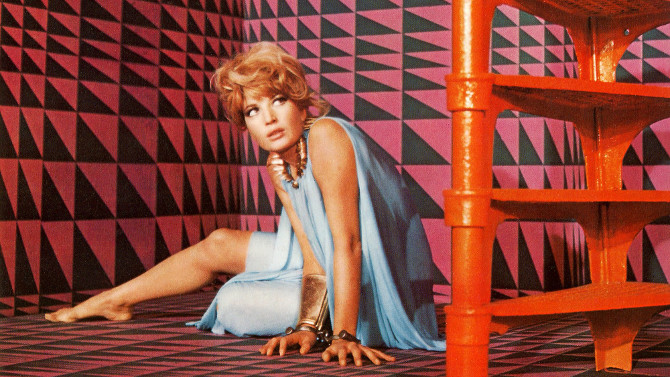
What Could Have Been: Modesty Blaise
August 25, 2019In 1962, one film changed everything. No, not a big budget spectacle, or an Academy Award winner (for those of you interested, the Best Picture was West Side Story), but rather a low budget action B movie, which somehow helped spawn one of the most successful (and longest running) film franchises of all-time. . . you guessed it, Dr. No. Soon, From Russia with Love (1963) and Goldfinger (1964) were released – proving that Dr. No was no anomaly. . . rather, this was an all out craze. And, with millions of cinemagoers flocking to see them, other studios soon sought to capitalize on this unique combination of an action spy picture with cheeky comedy by developing their own Bond knock-offs.
-
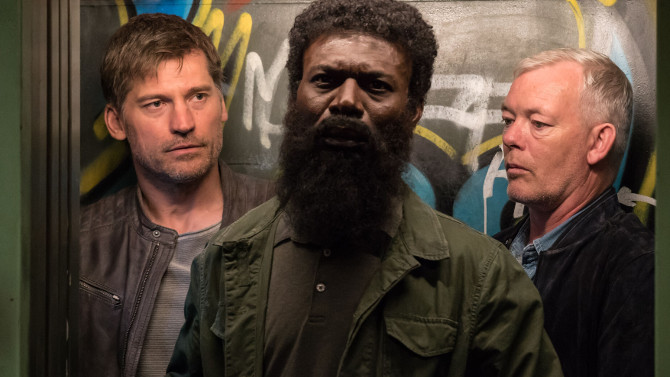
What Could Have Been: 2019’s Domino
August 9, 2019A new feature that will appear from time to time, ‘What Could Have Been’ will look at movies that had a chance of being something special, but, due to script, production, budgetary, or any other type of issue, it does not reach its full potential. . . first up, Brian De Palma’s 2019 Danish (though English language) crime thriller Domino. When it comes to Brian De Palma, you tend to fall into two camps. . . defender or trasher. I have long been a huge fan, so when you hear that he is finally filming a new movie some seven years after his last picture, it is cause for excitement. Though, soon after, rumblings were heard. . .problems with the producers, the budget, the script. . . making everyone, even ardent De Palma fanatics, a tad apprehensive.
